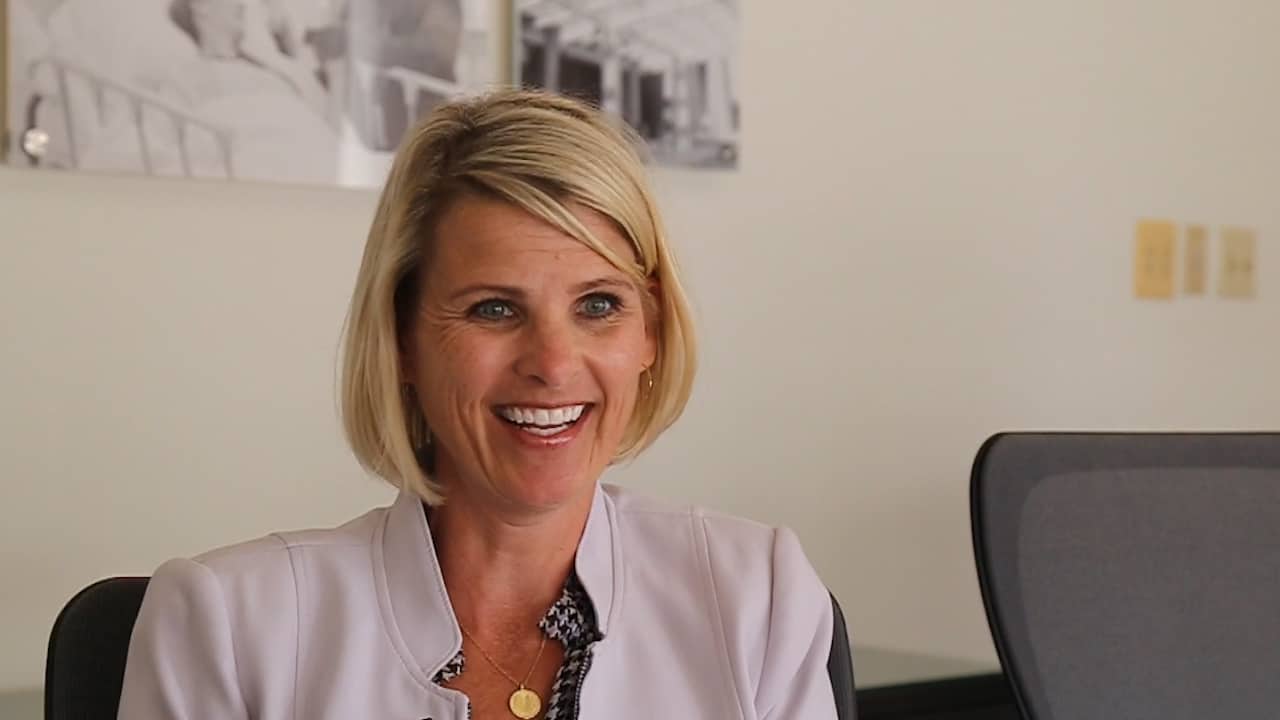View Larger Image

Kristie Hadden, Ph.D., is director of population health.
Screening Tool Helps COVID-19 Patients Isolate
| The Office of Population Health at UAMS created a screening tool that would help identify people who may not have a safe place to isolate once testing positive for COVID-19.
Kristie Hadden, Ph.D., is director of population health, an office created to address the needs of vulnerable groups. In the early days of the pandemic, one of the directors in the homeless shelter network approached Hadden’s office for assistance in identifying and helping COVID-19 positive individuals who were unable to quarantine.
“When a patient is ready to be discharged, either from testing from our emergency department or from our hospital, we ask a series of questions at different times during that discharge process,” Hadden said.
The first question asks the patient if they are able to stay alone in a place for 14 days. If the answer is no, there are a series of follow up questions about dwelling space and food and supplies that may be needed during quarantine.
“It’s not just about having a place,” Hadden said, “It is also about having all the things you need to self-quarantine. Some people are not experiencing homelessness, but they’re lacking in food and supplies. We’re able to address that as well.”
Based on the answers the patient gives in a screening, patients may be referred to a case manager who helps the patient find a place to safely isolate. The Arkansas Department of Health has coordinated multiple lodging options as part of their quarantine facilities. Hadden says the screening tool will be valuable to the office of population health even after the pandemic is behind us.
“This tool has helped us identify vulnerable populations quickly and really focus on their needs and how to address them,” Hadden said. “This is important for health equity. If we want to improve the health of the state, we must pay particular attention to those who need it the most. Focusing on vulnerable populations helps us to address and eliminate disparities for populations that are disproportionately affected by the pandemic.”